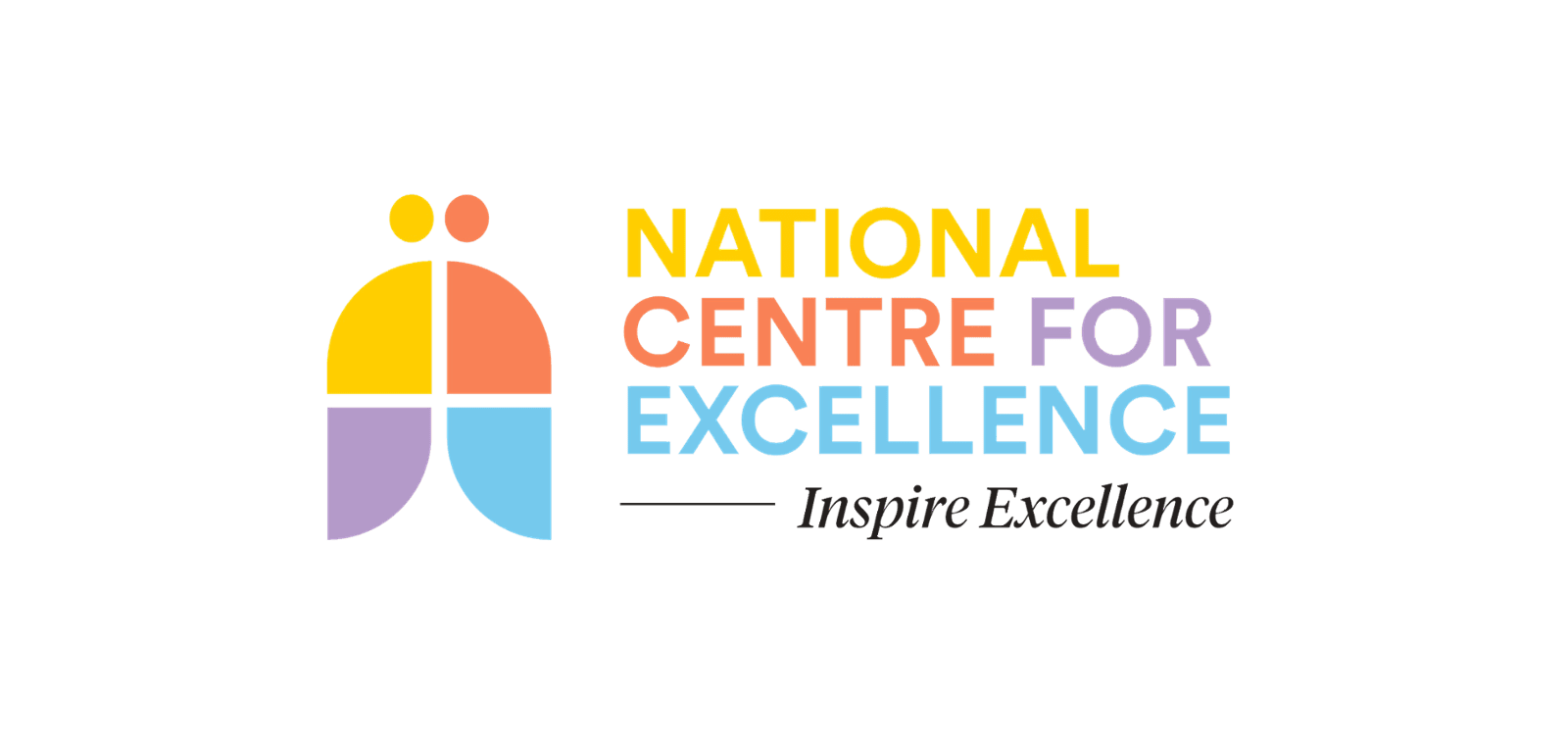Learn about the importance of water conservation

Water conservation is necessary to keep water pure and clean while also protecting the environment. Conserving water entails being responsible for our water supply and using it wisely. We must learn how to keep our limited supply of water pure and free of pollution because everyone depends on it for survival.
Even though it is a closed system, why should we conserve water?
Yes, it is a closed system as a planet, but it varies greatly from one region to the next. As a result, some areas are arid and others are fertile.
Even population and pollution play an important role in resource availability versus resource consumption.
Another consideration is that water recycling is not free. The cost of water treatment and transmission is rising as the number of pollutants in waste grows, because naturally available water, combined with rainfall, will not be enough to meet the growing demand.
The importance of saving water for the future
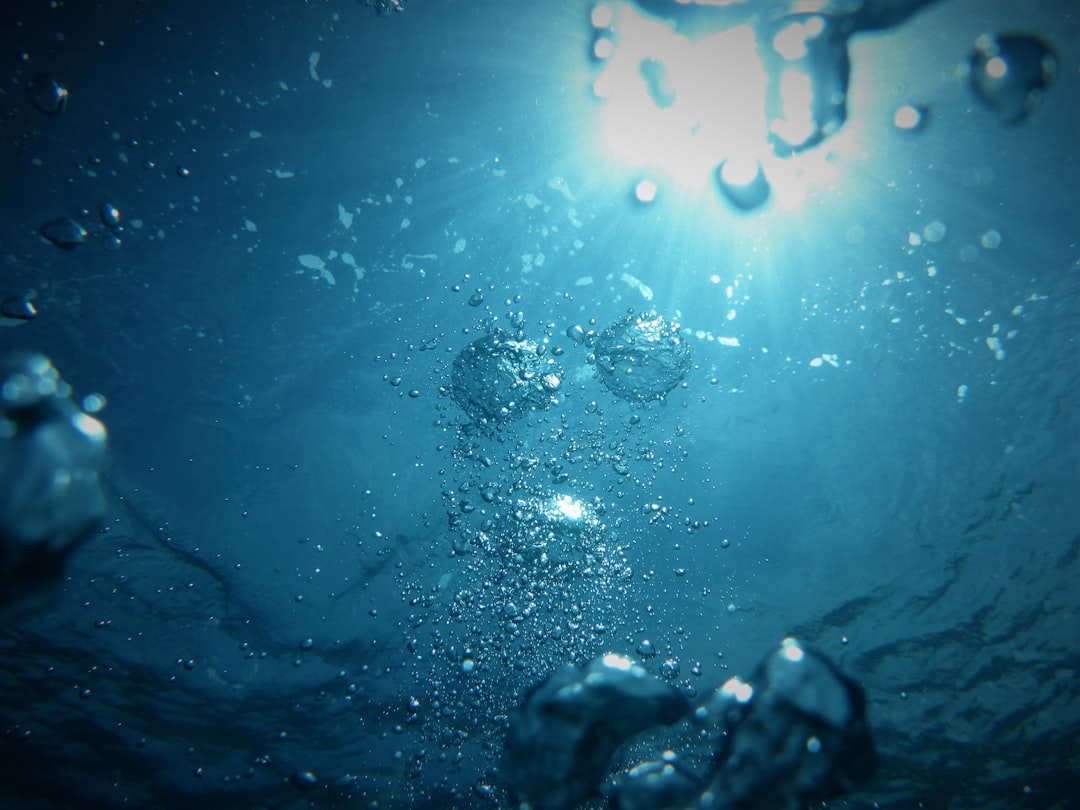
When you "save" water, you are saving money on the purchase and processing of it. Granted, water does not vanish and will return (somewhere). "Not saving" is synonymous with "wasting."
The processing plant will eventually be unable to keep up. New plants are costly, and additional sources are difficult to come by.
There is no shortage of water on the planet today, and there is unlikely to be in the future. However, water distribution is not uniform, and it does not favour sunny, densely populated areas.
All-natural resources should be protected and wisely utilized. Some resources, such as oil, are limited. Others, such as trees, are renewable (though we are chopping them down at a faster rate than we are planting them).
Water is completely reusable. Closing the loop, however, comes at a high price.
5 Easy Ways to Teach Children to Save Water
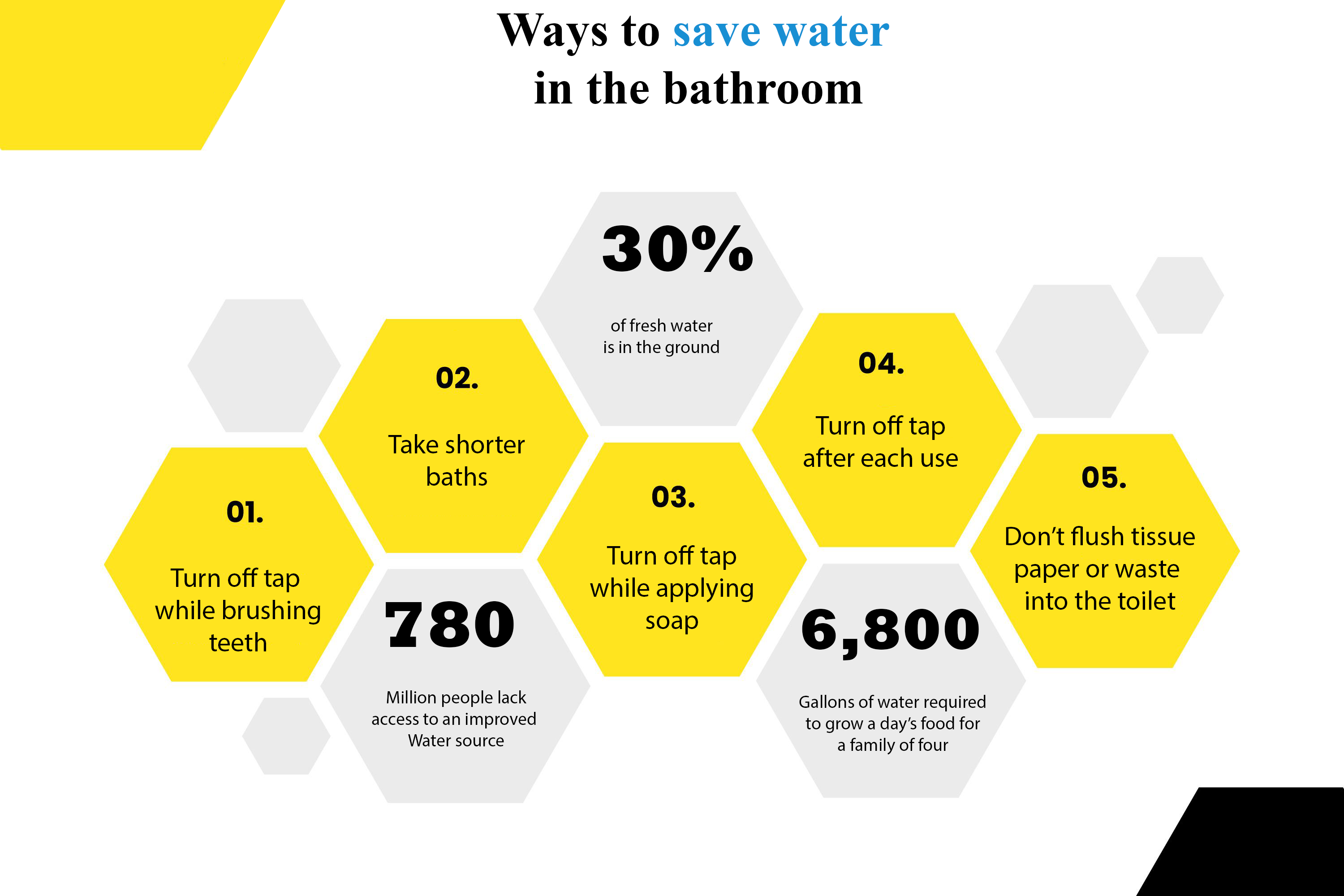
In terms of water conservation, we believe it begins in the home. In the presence of children It is incredibly simple to instill in children the value of conserving one of the world's most valuable resources from an early age. We can build a foundation of knowledge together so that our children grow up to be Earth stewards. Encourage your children to learn these five simple water-saving tips.
1. Turn off the taps
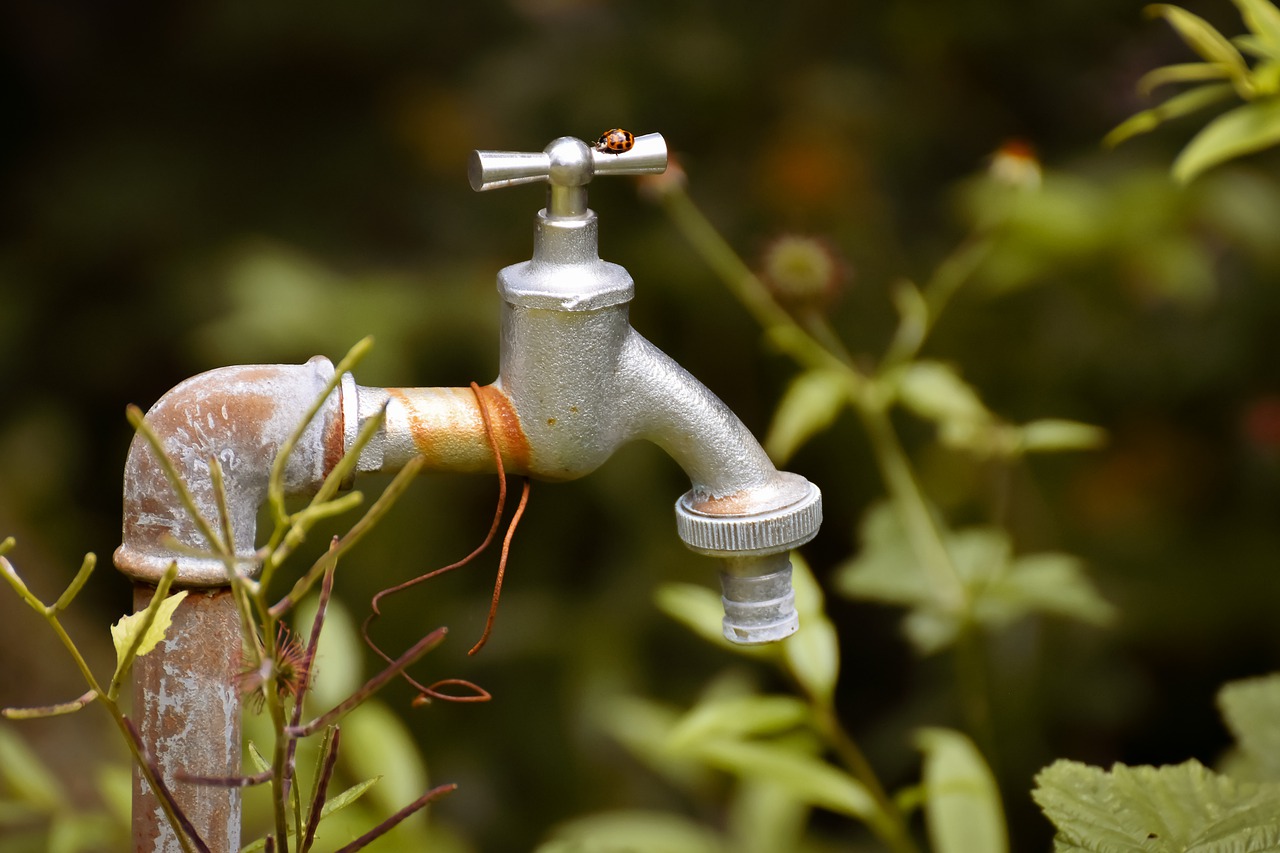
Make sure your children do not let water simply drain down the drain when brushing their teeth or washing their hands and faces with soap.
2. Tightly turn off the faucets
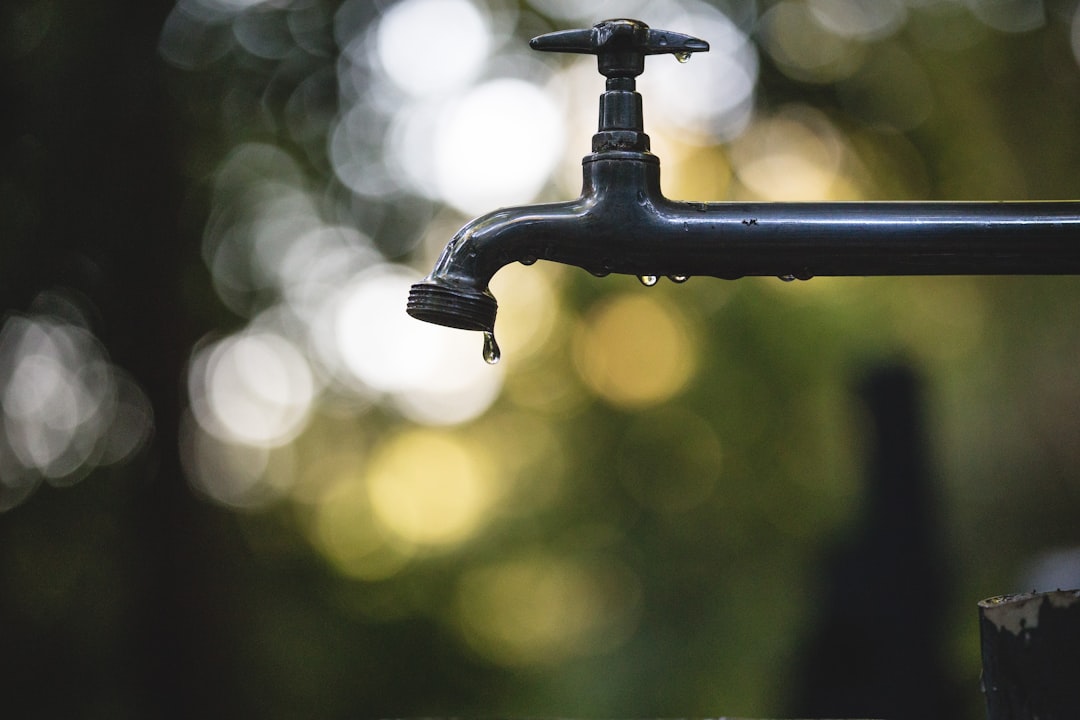
Check your faucets to make sure they are securely shut off so that you do not have a small, slow drip over time that wastes a lot of water.
3. Don’t flush
It is definitely necessary to flush if it is number two. However, a toilet flush uses about 5 gallons of water each time. Your child may need to go number one, so suggest they don't flush, especially if you have a lot of little ones who "go" frequently.
4. Bath time for babies
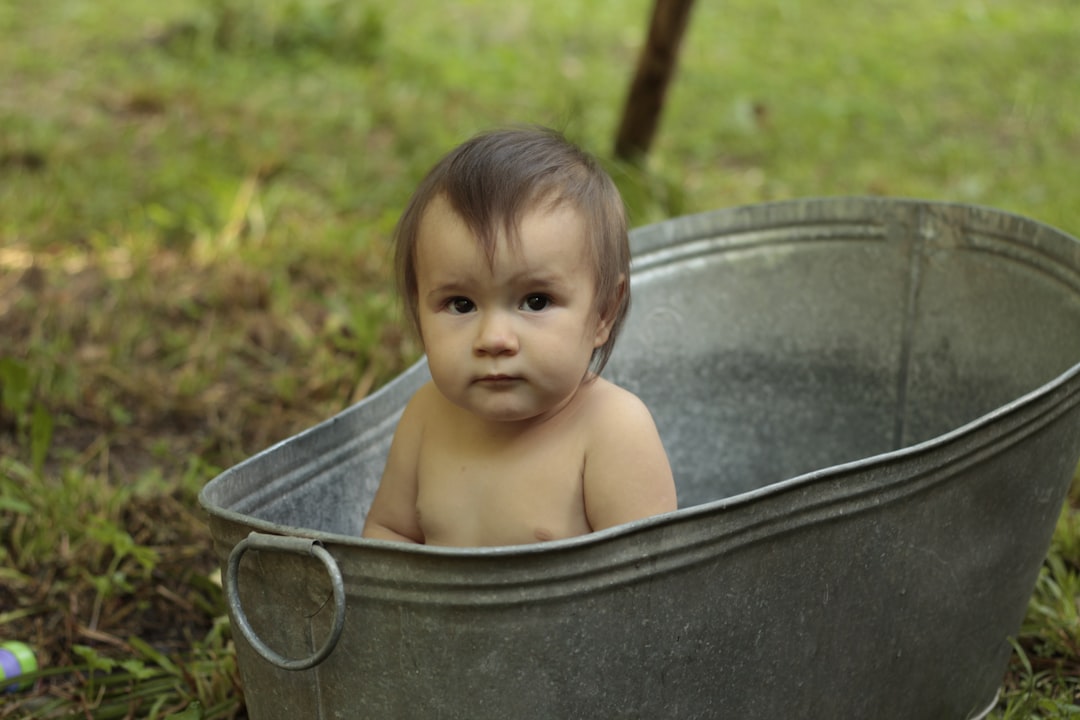
The water in a baby's bath should not exceed an inch or two anyway. There is no need to use more than that. As soon as your kids are old enough, switch from baths to quick showers that don't use as much water as filling up a tub.
5. Watering the grass
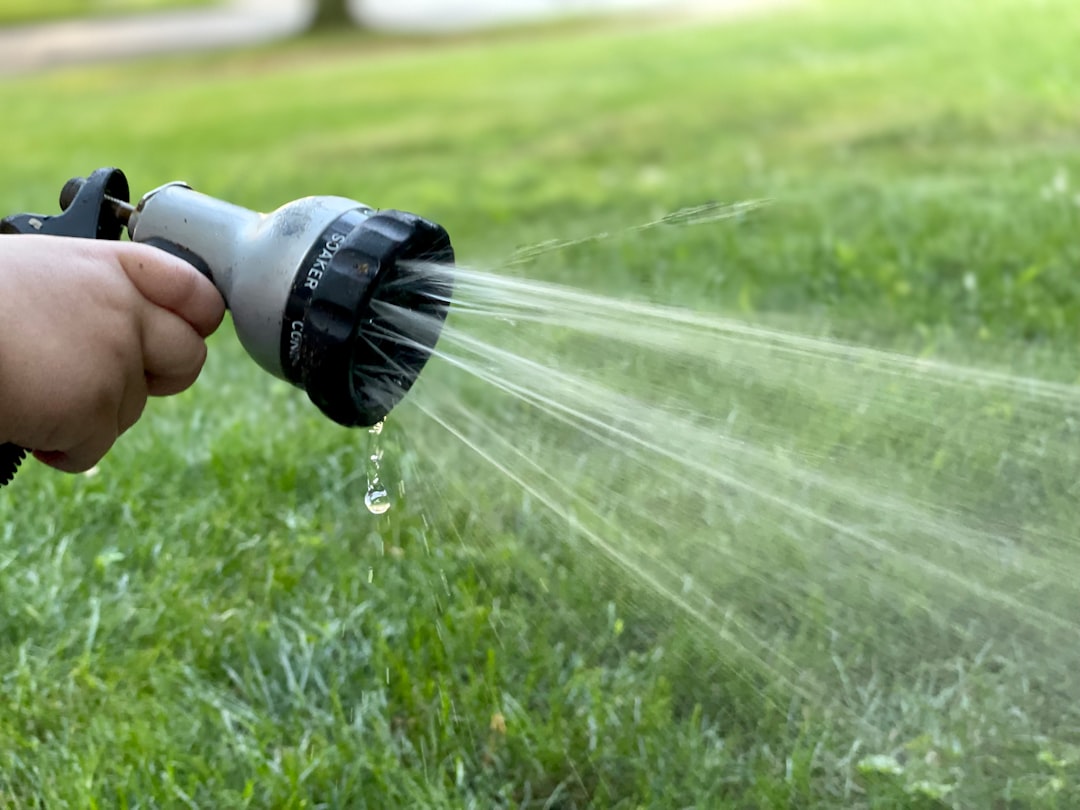
Collect "old" water from leftover water bottles, half-drank cups, or boiled eggs, (after the water has cooled) and give it to your kids. Hydrate your grass with this water. Instead of turning on the sprinklers or the hose, water the shrubs in the middle of the day. Make sure your kids understand why it's critical to reuse water whenever possible rather than pouring it down the drain.
In conclusion, When you teach children about the importance of water conservation, you're providing them with a solid foundation upon which they can build and learn as they grow. After all, it will be to them that we will look for new solutions to water shortages in the coming years.
